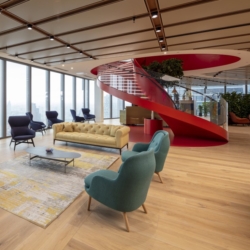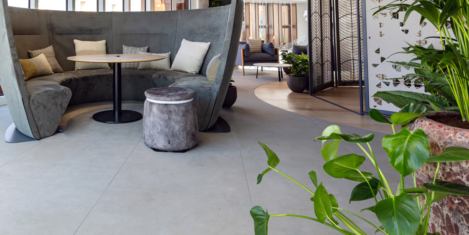To provide the best experiences, we use technologies like cookies to store and/or access device information. Consenting to these technologies will allow us to process data such as browsing behaviour or unique IDs on this site. Not consenting or withdrawing consent, may adversely affect certain features and functions.
The technical storage or access is strictly necessary for the legitimate purpose of enabling the use of a specific service explicitly requested by the subscriber or user, or for the sole purpose of carrying out the transmission of a communication over an electronic communications network.
The technical storage or access is necessary for the legitimate purpose of storing preferences that are not requested by the subscriber or user.
The technical storage or access that is used exclusively for statistical purposes.
The technical storage or access that is used exclusively for anonymous statistical purposes. Without a subpoena, voluntary compliance on the part of your Internet Service Provider, or additional records from a third party, information stored or retrieved for this purpose alone cannot usually be used to identify you.
The technical storage or access is required to create user profiles to send advertising, or to track the user on a website or across several websites for similar marketing purposes.
 A study by MIT economist Daron Acemoglu appears to challenge the prevailing optimism surrounding artificial intelligence (AI) and its economic impact. While many experts predict a future fuelled by AI-driven productivity booms and reduced inequality, Acemoglu’s research paints a more cautious picture. His findings suggest that AI’s impact on productivity and inequality may be far less dramatic than anticipated, and could even exacerbate the gap between the rich and the poor. (more…)
A study by MIT economist Daron Acemoglu appears to challenge the prevailing optimism surrounding artificial intelligence (AI) and its economic impact. While many experts predict a future fuelled by AI-driven productivity booms and reduced inequality, Acemoglu’s research paints a more cautious picture. His findings suggest that AI’s impact on productivity and inequality may be far less dramatic than anticipated, and could even exacerbate the gap between the rich and the poor. (more…)

































May 30, 2024
Four simple ways to embrace neurodiversity in the workplace
by Mark Catchlove • Comment, Wellbeing, Workplace, Workplace design